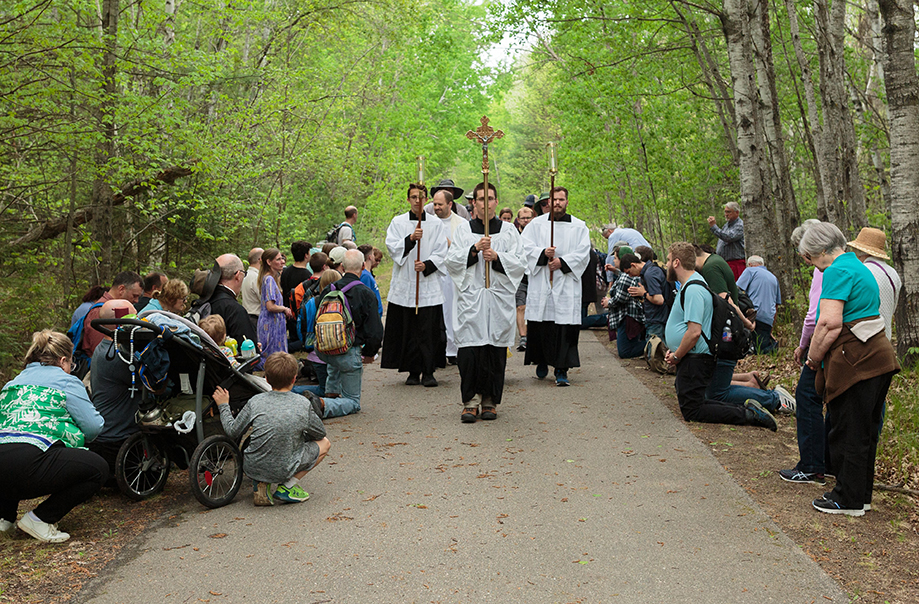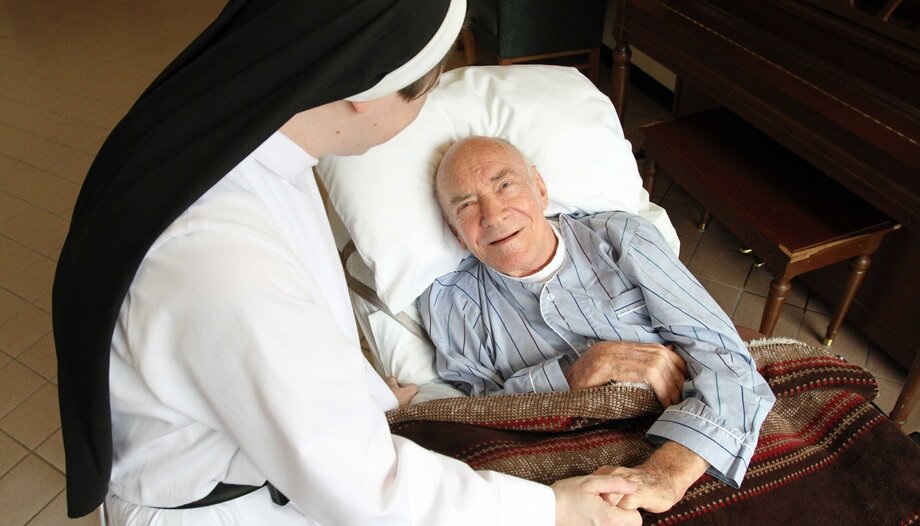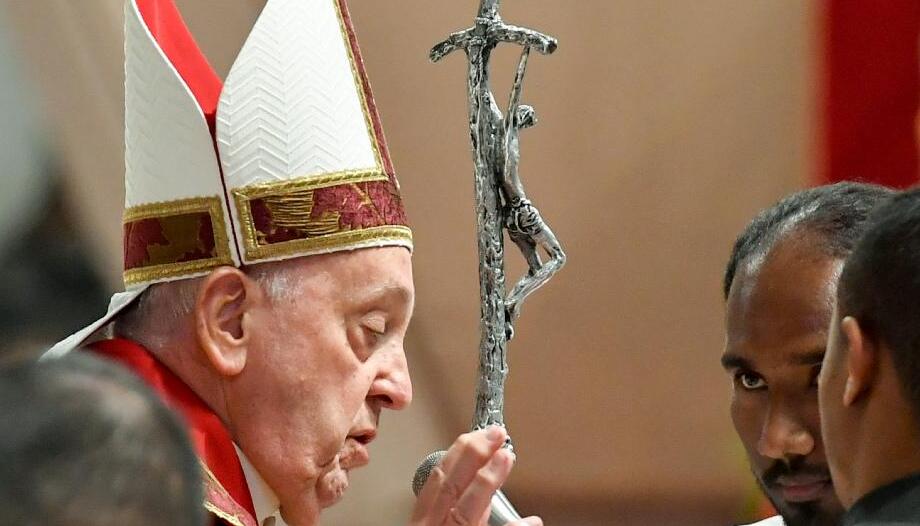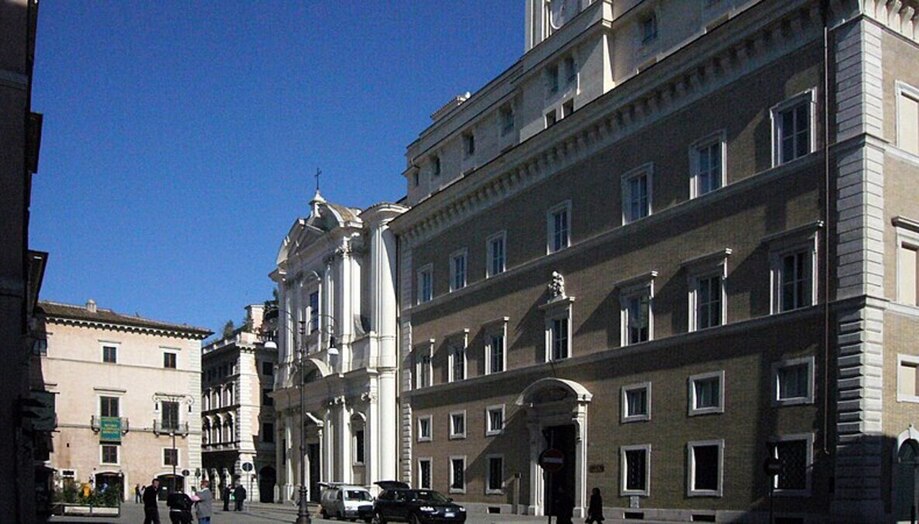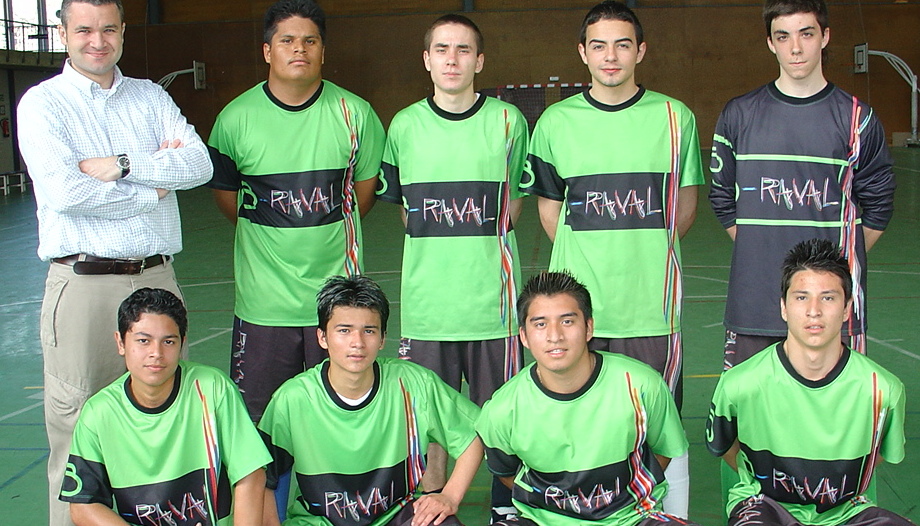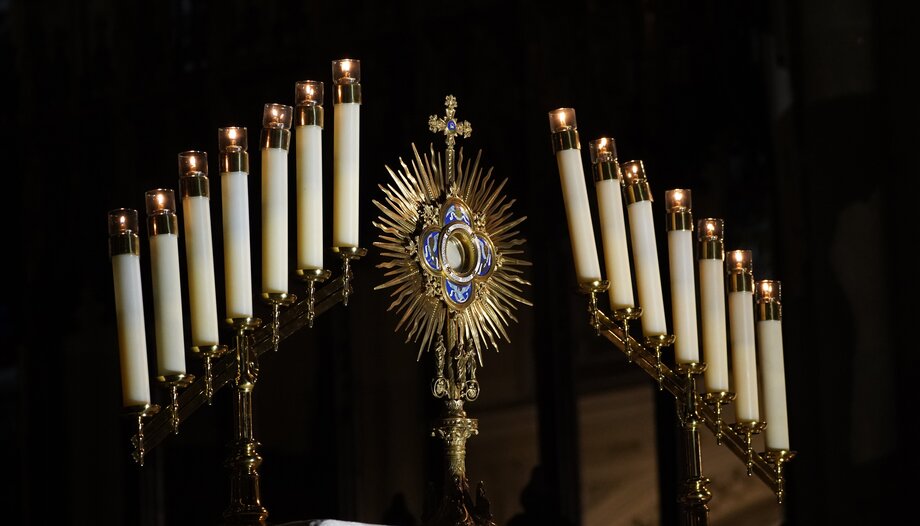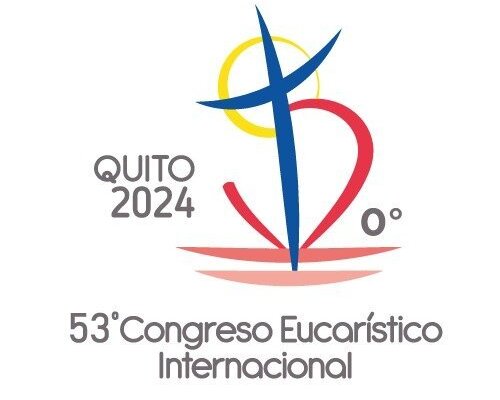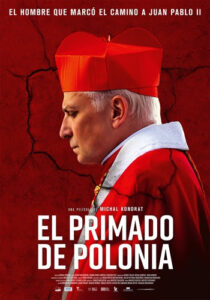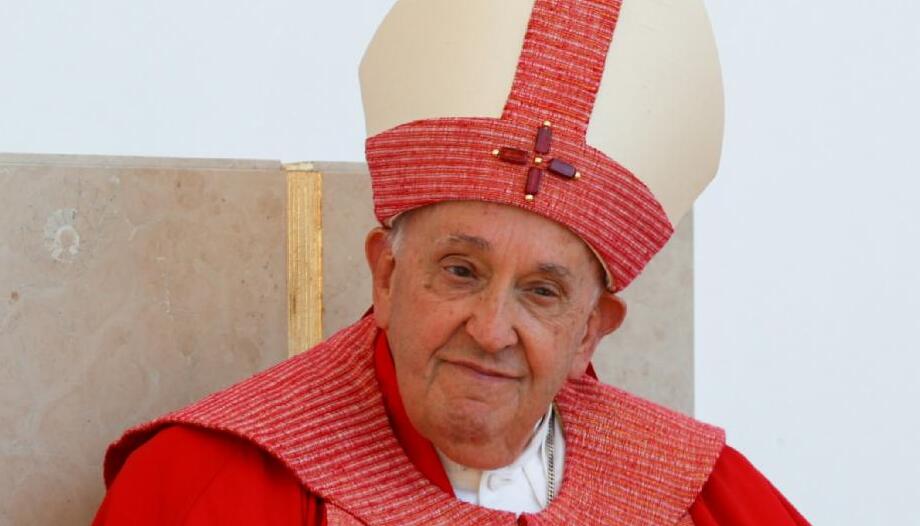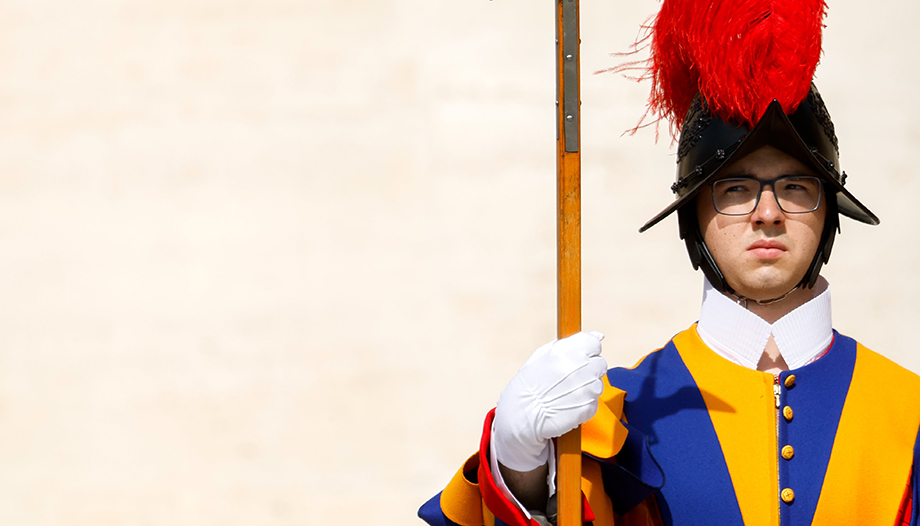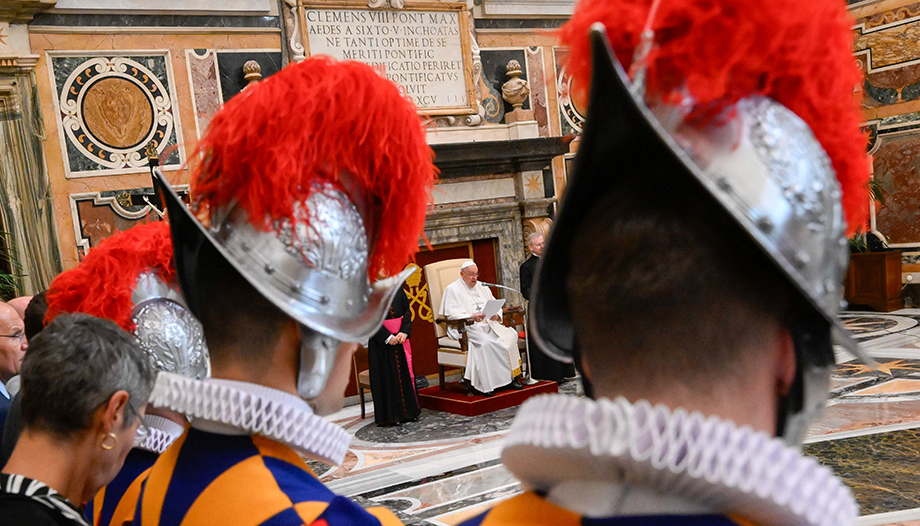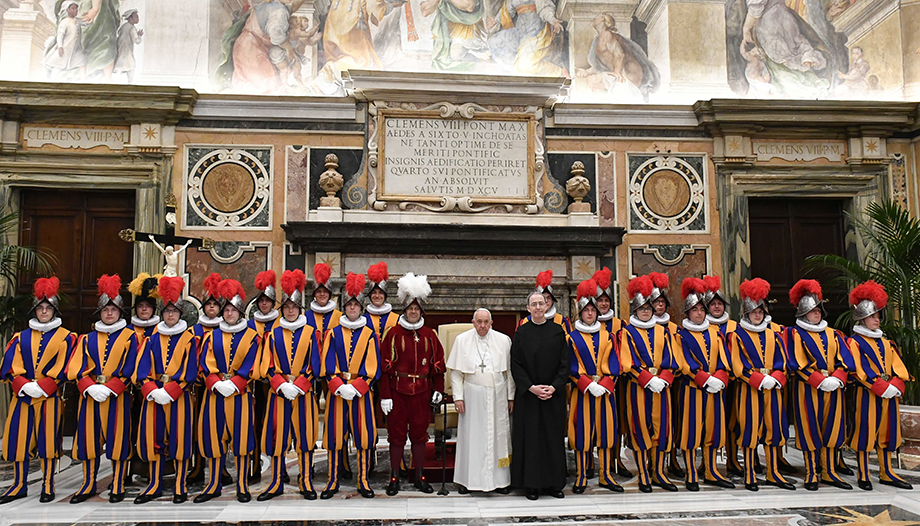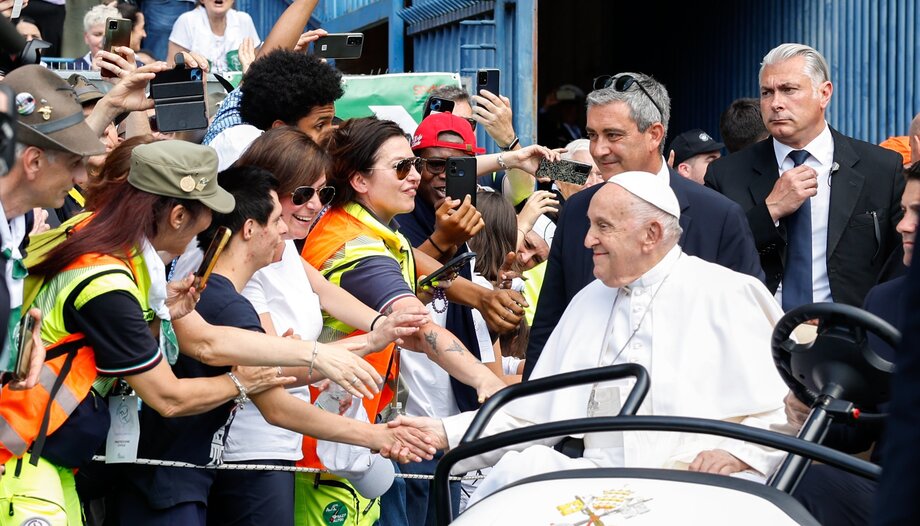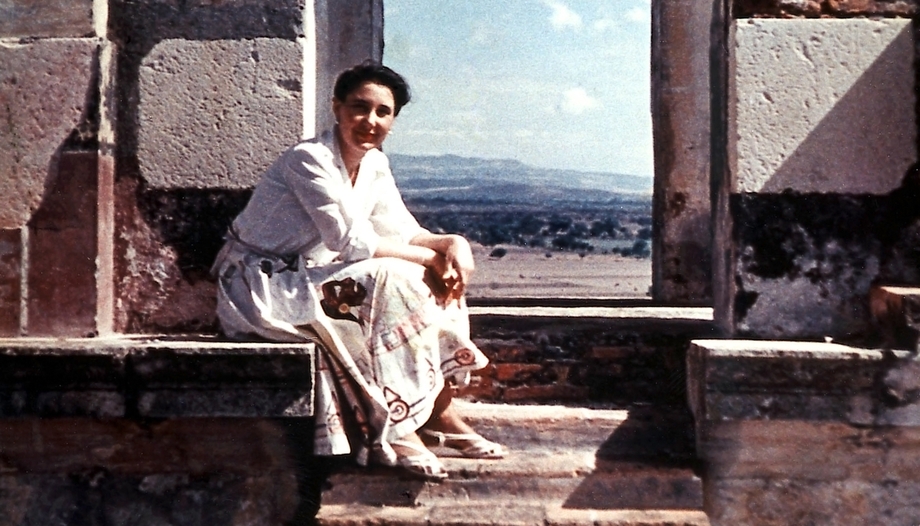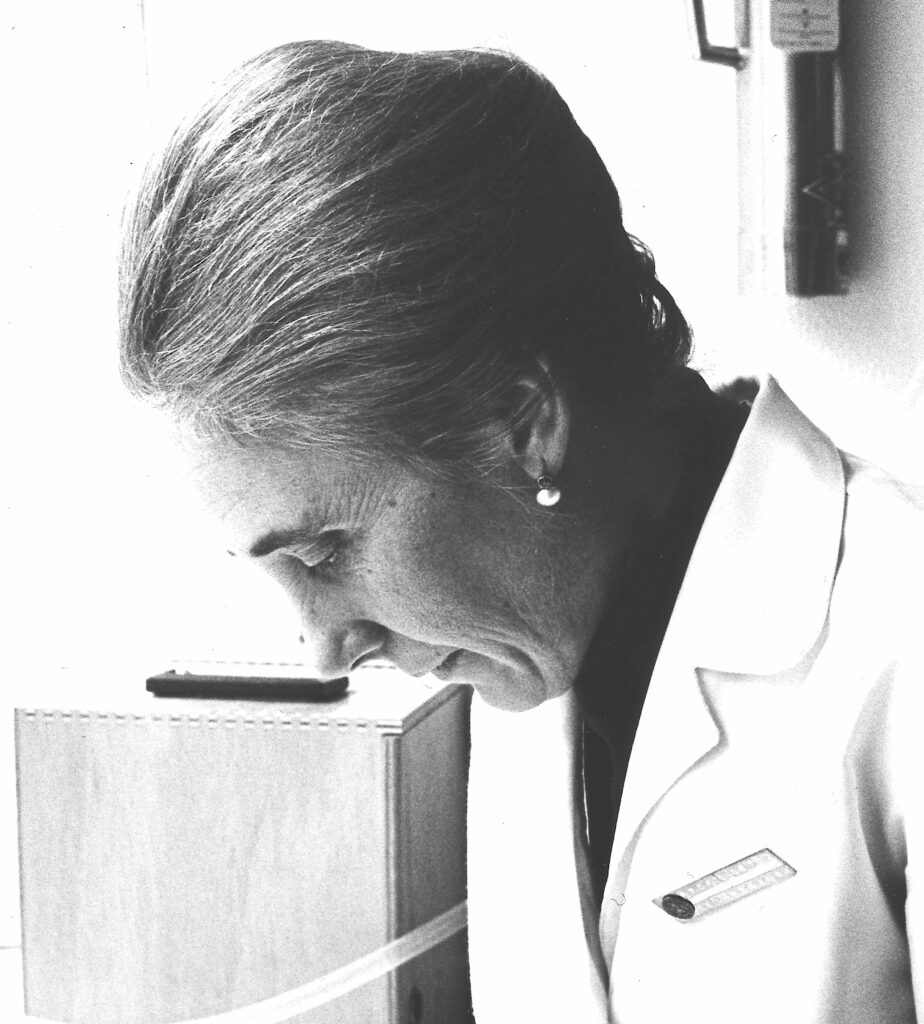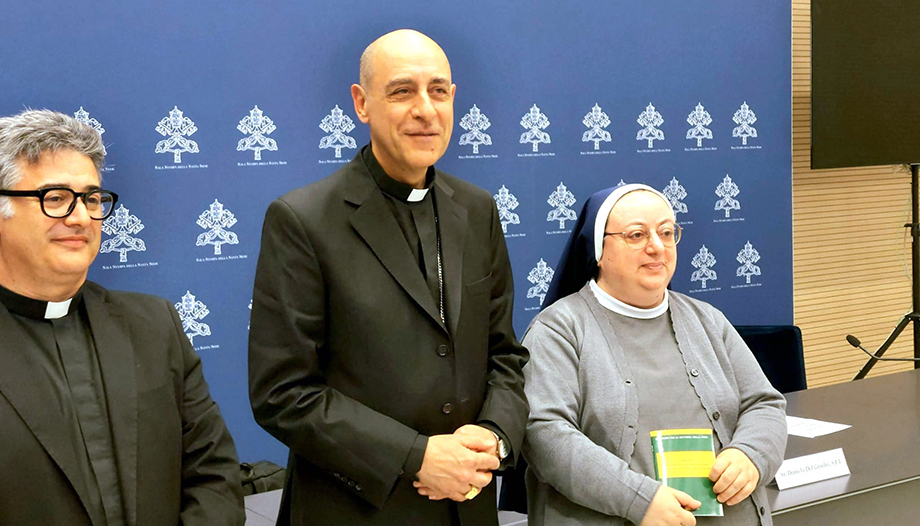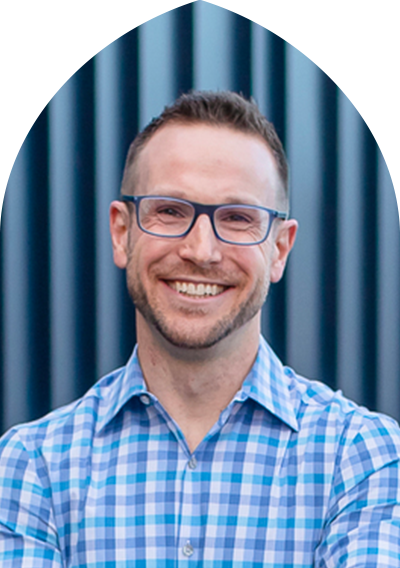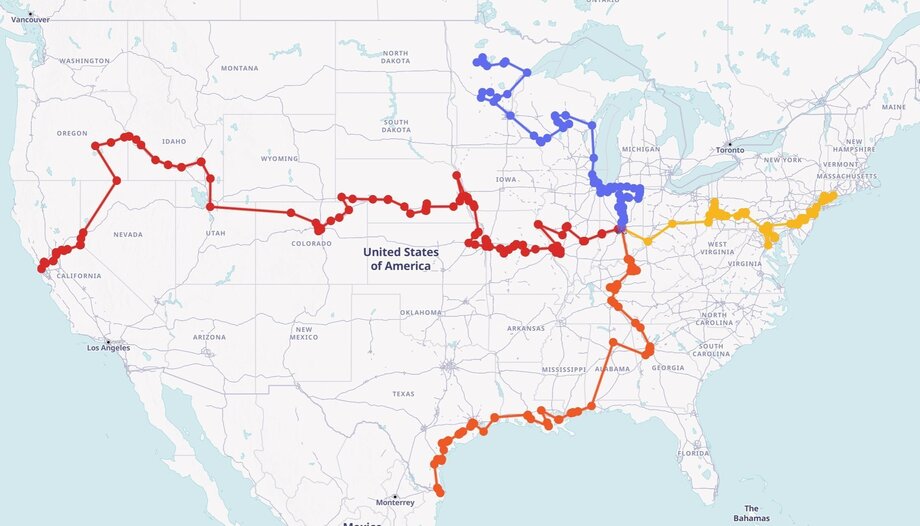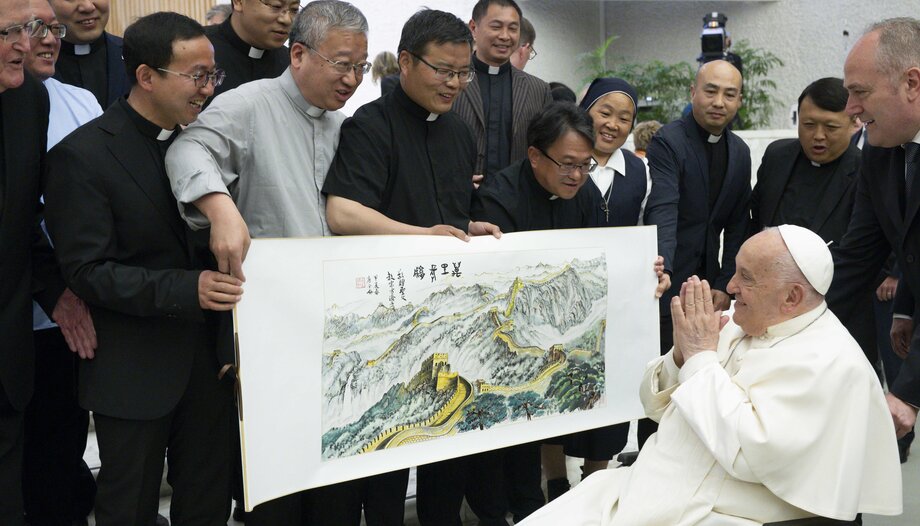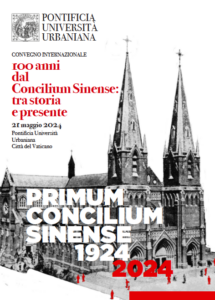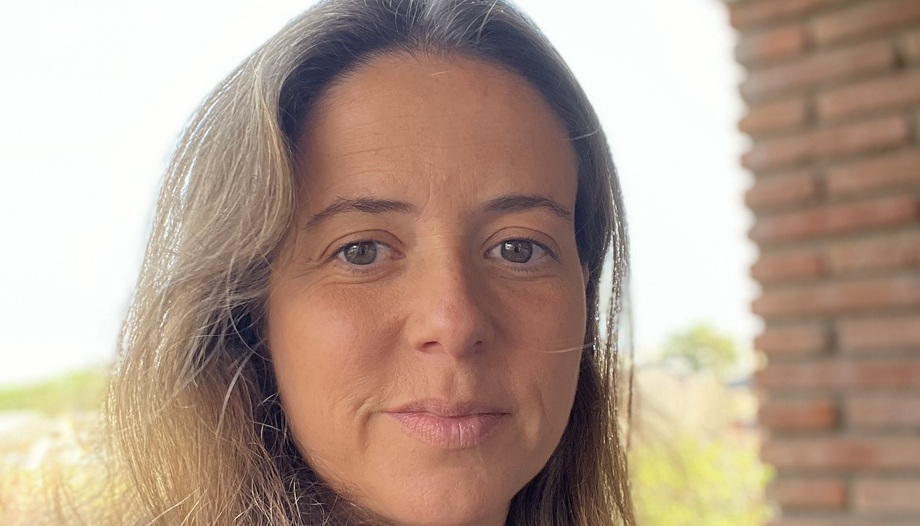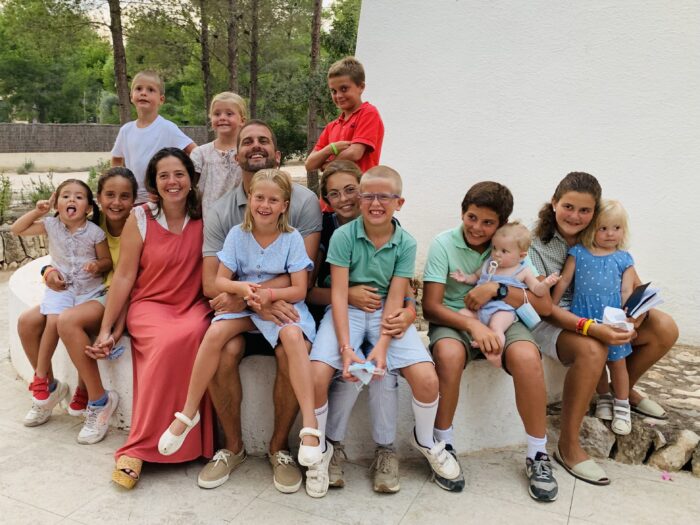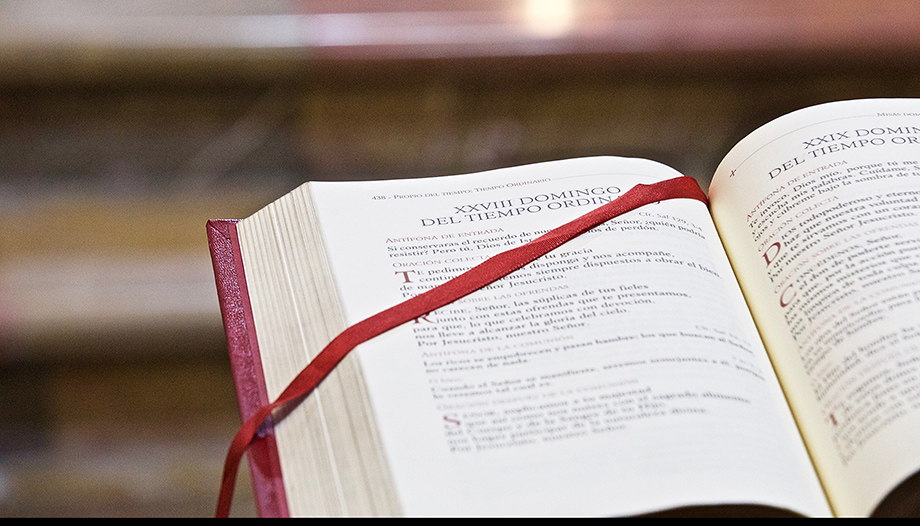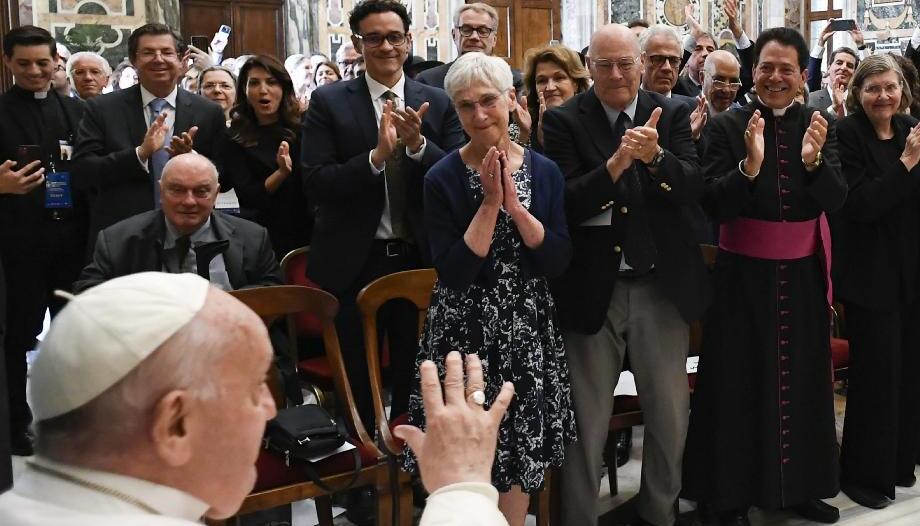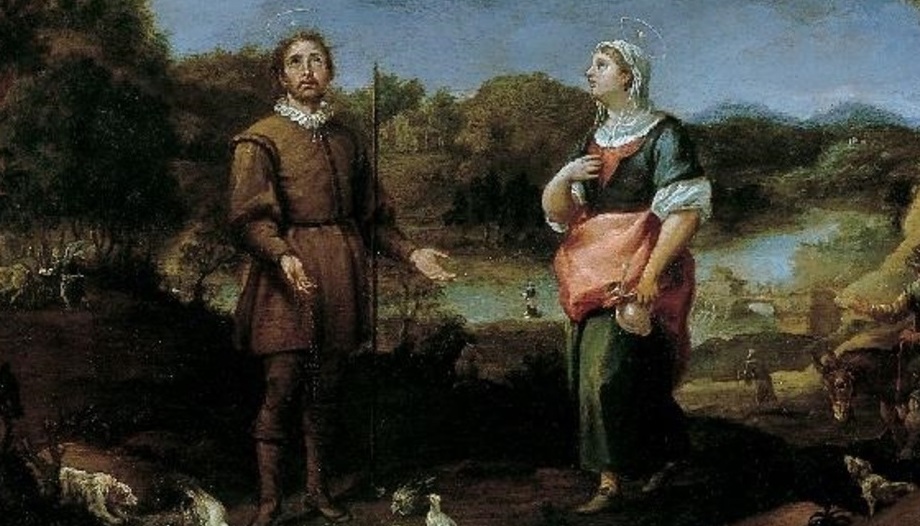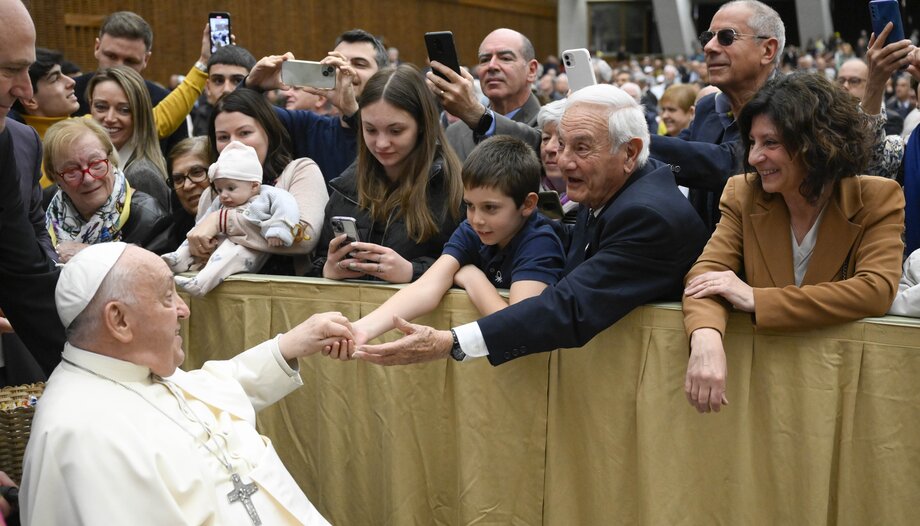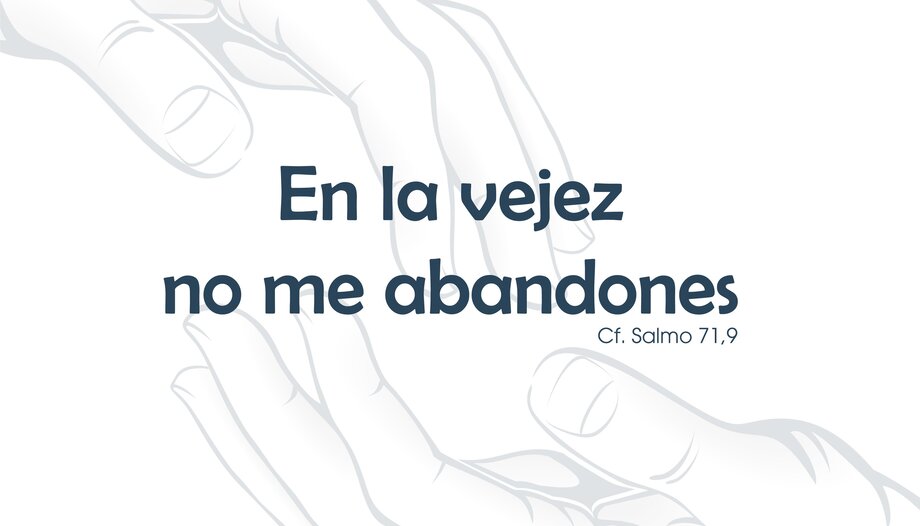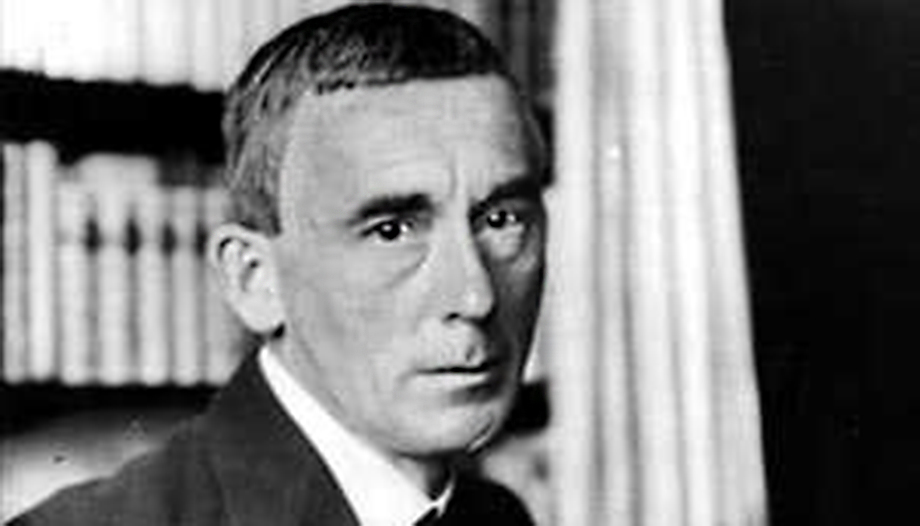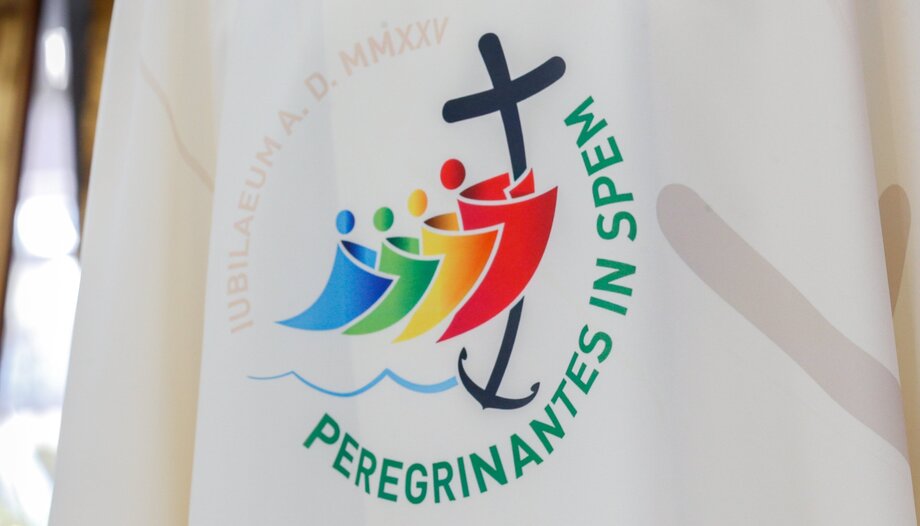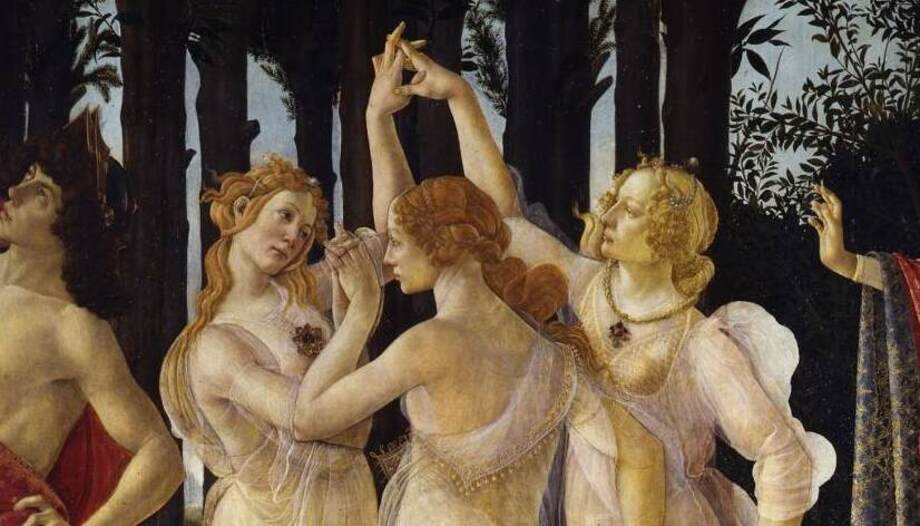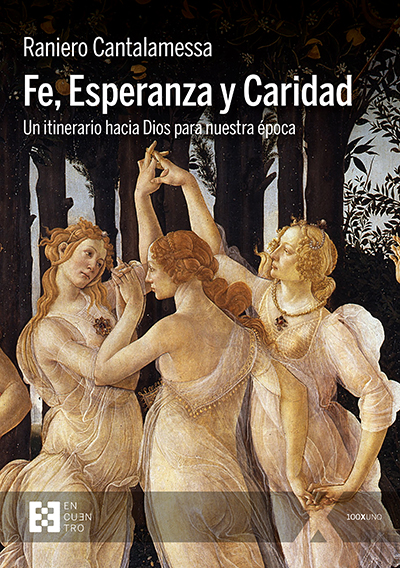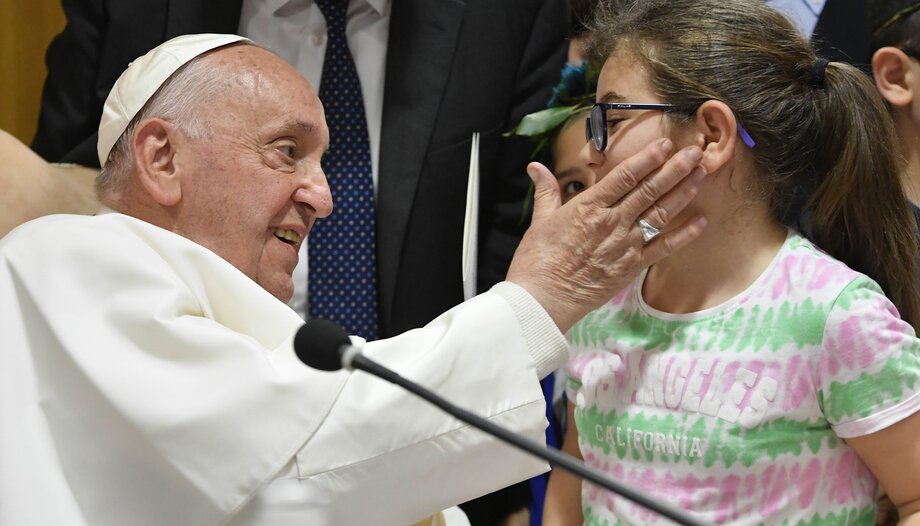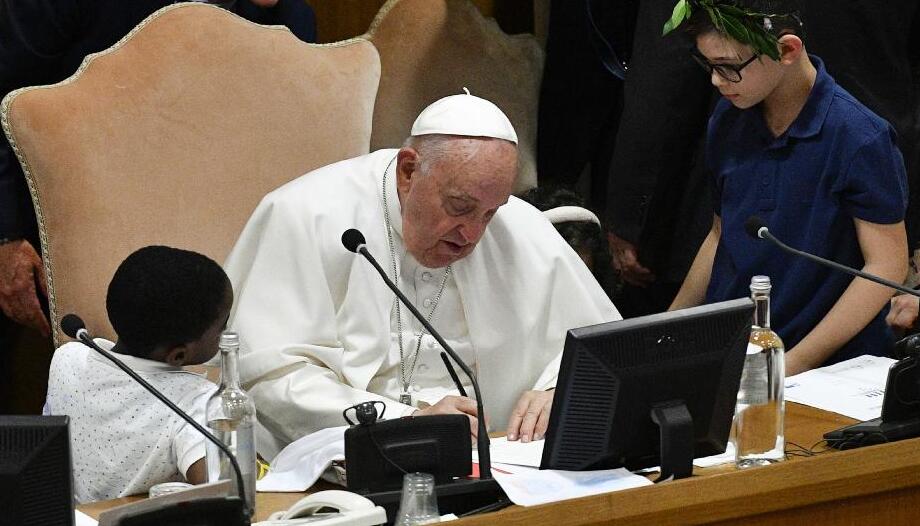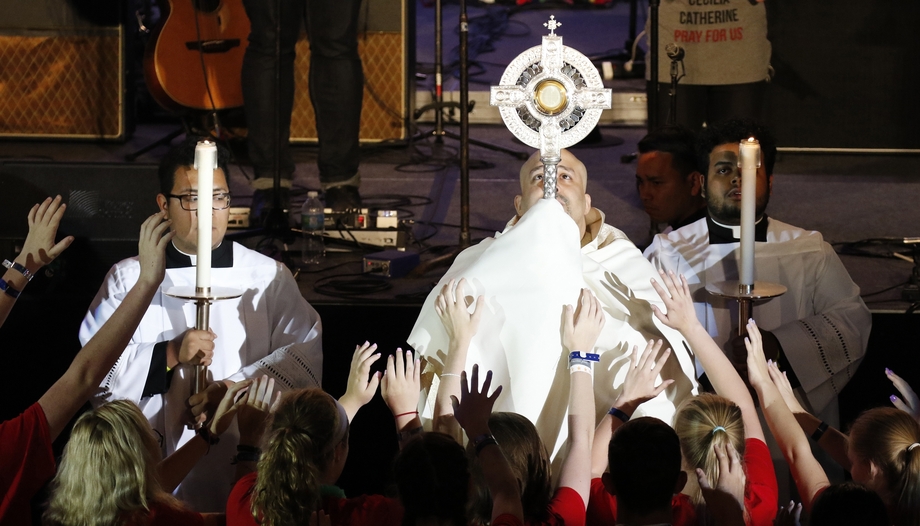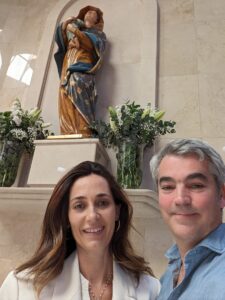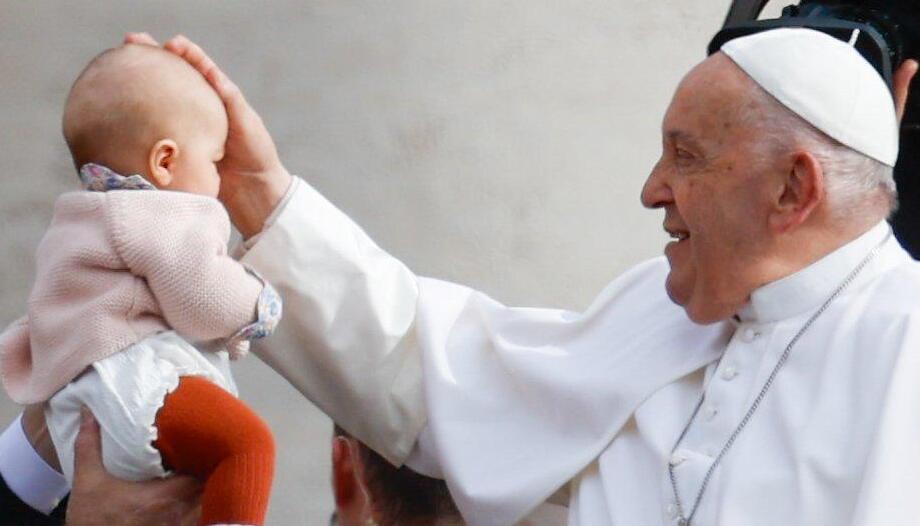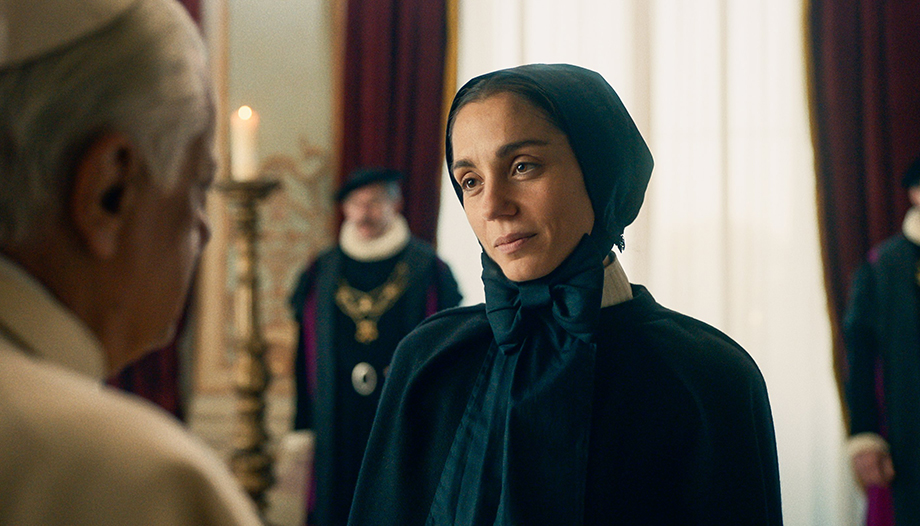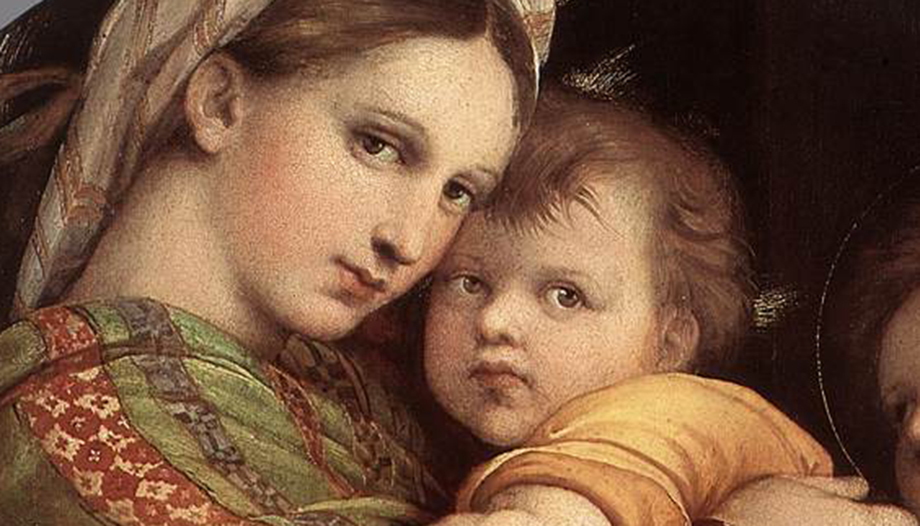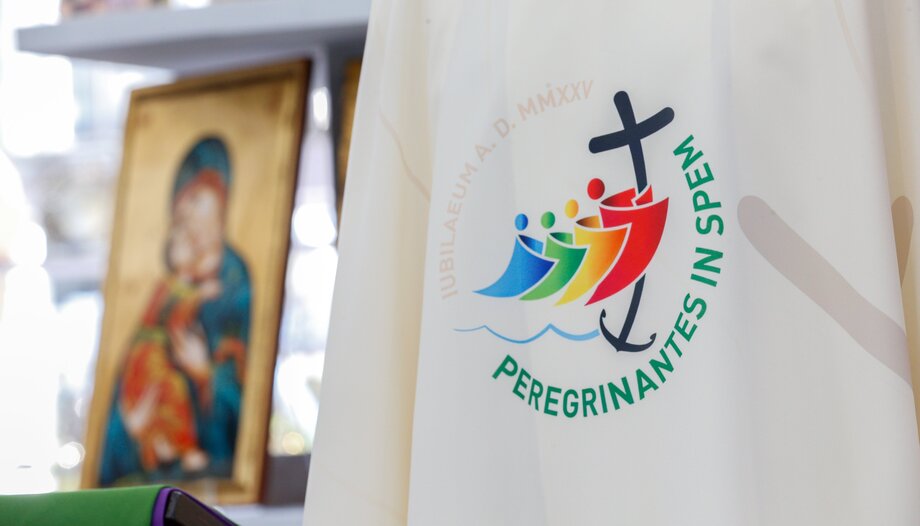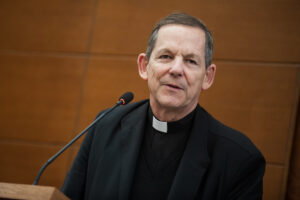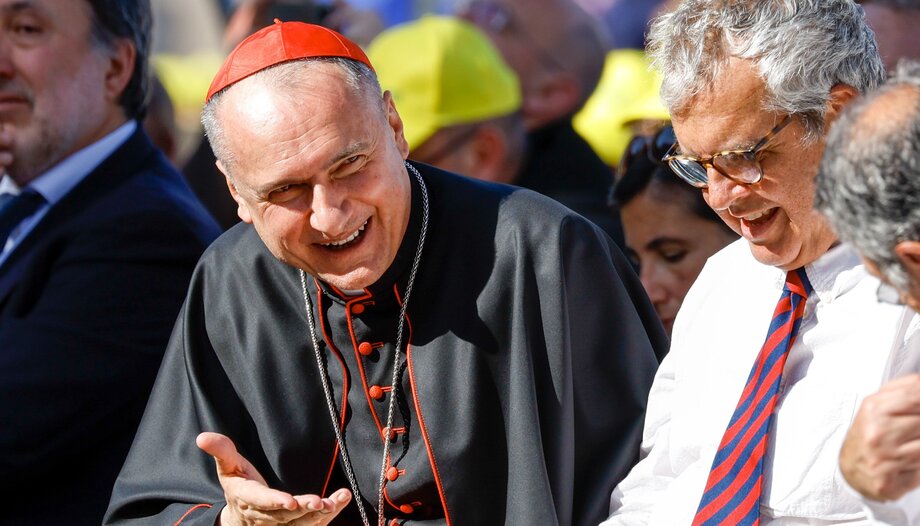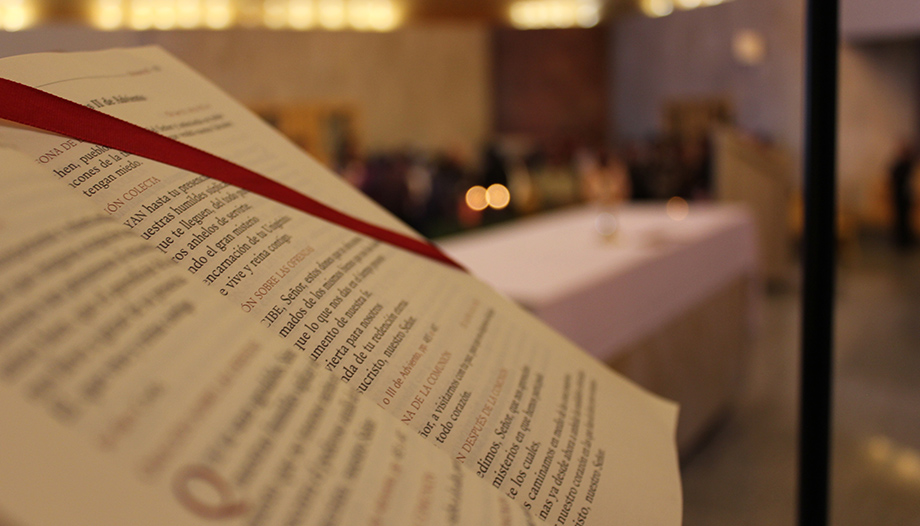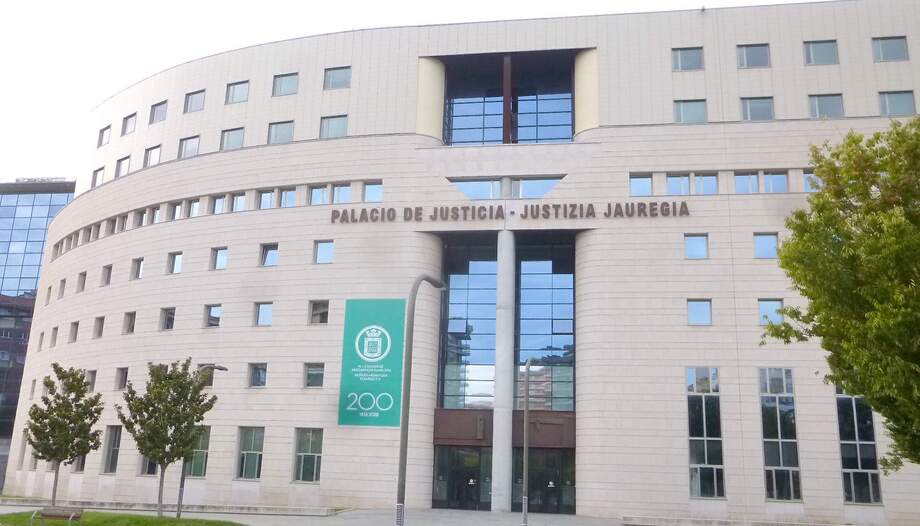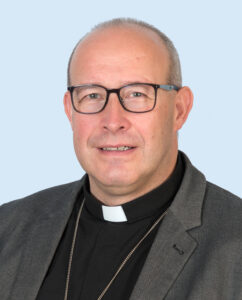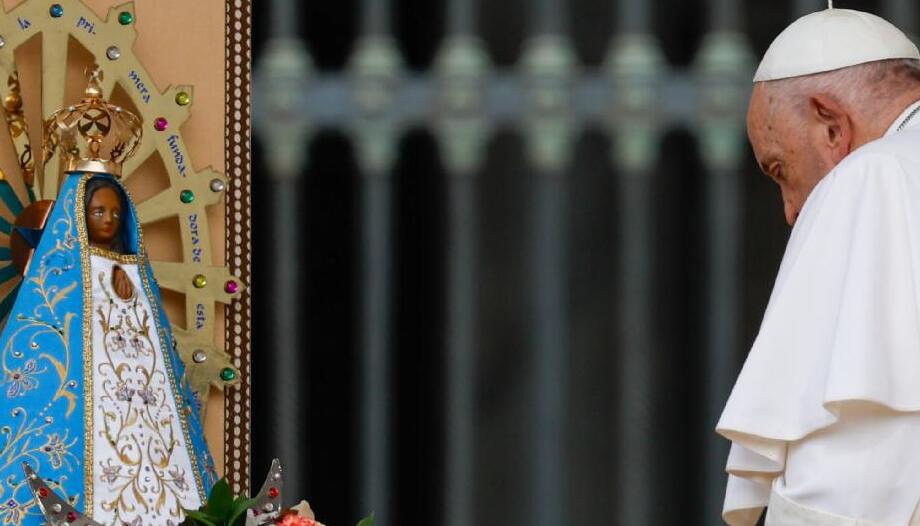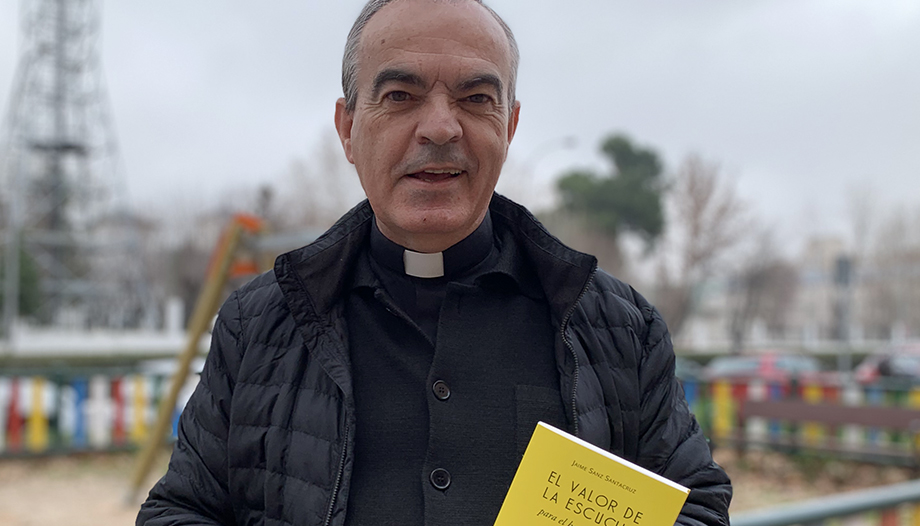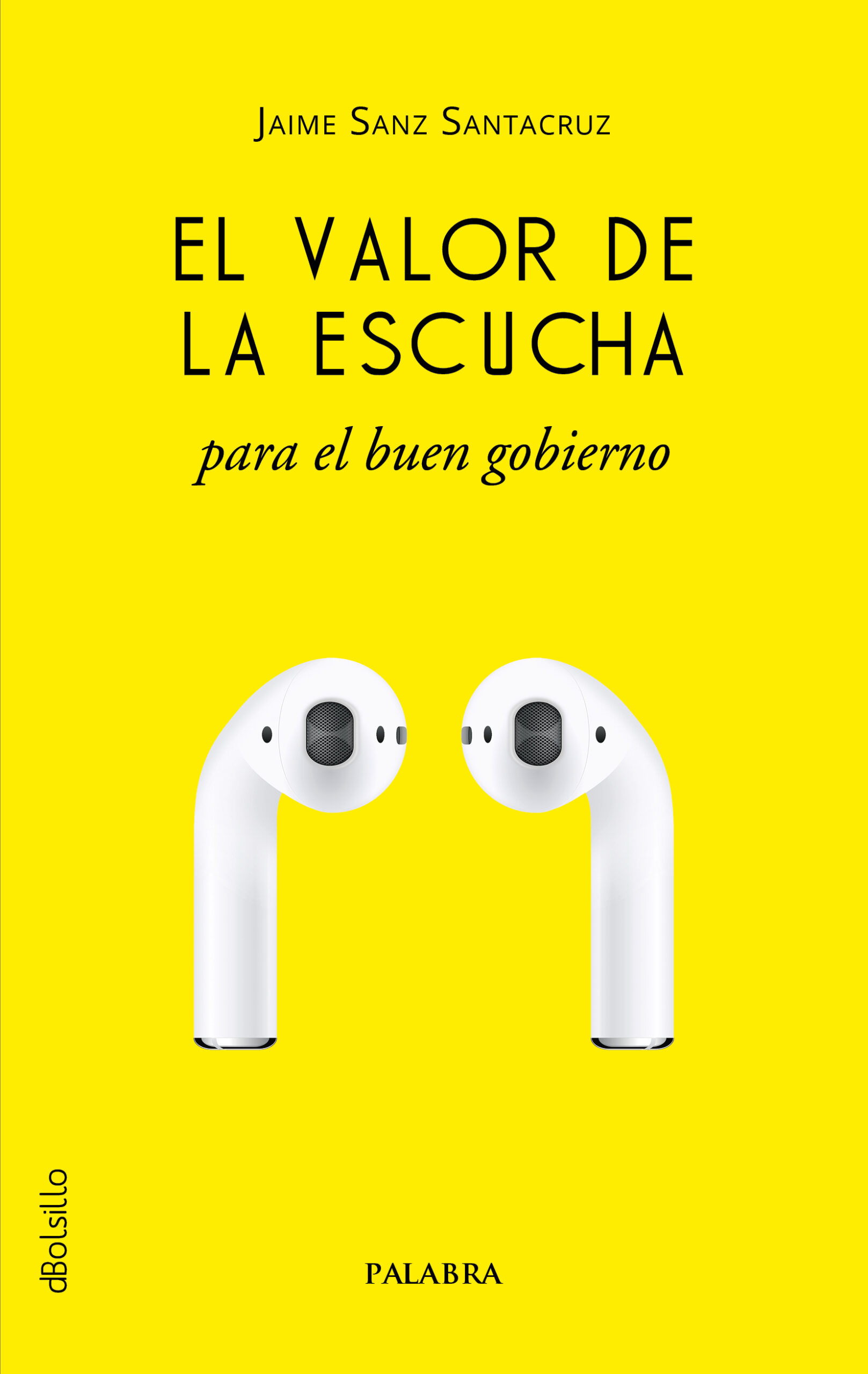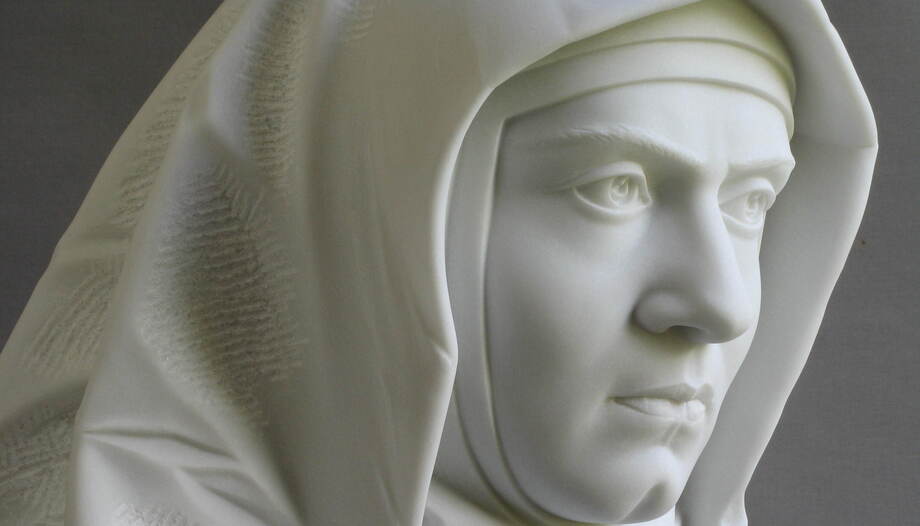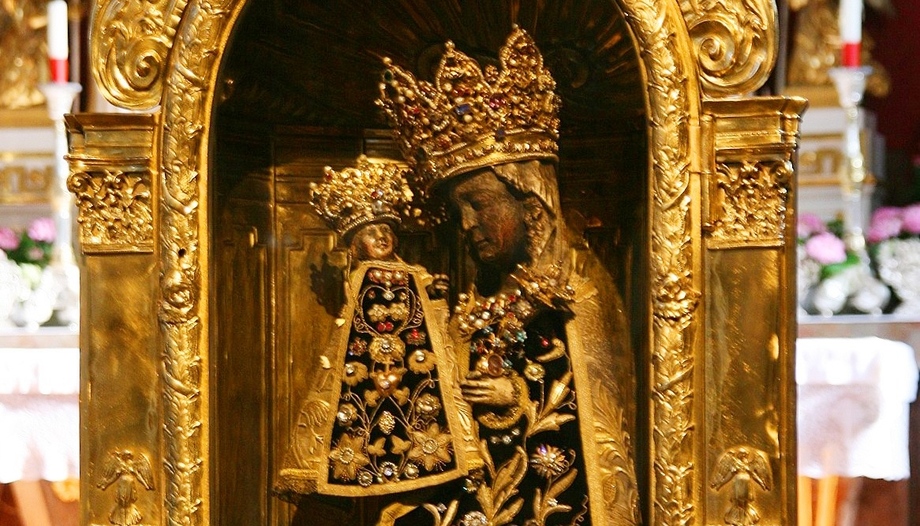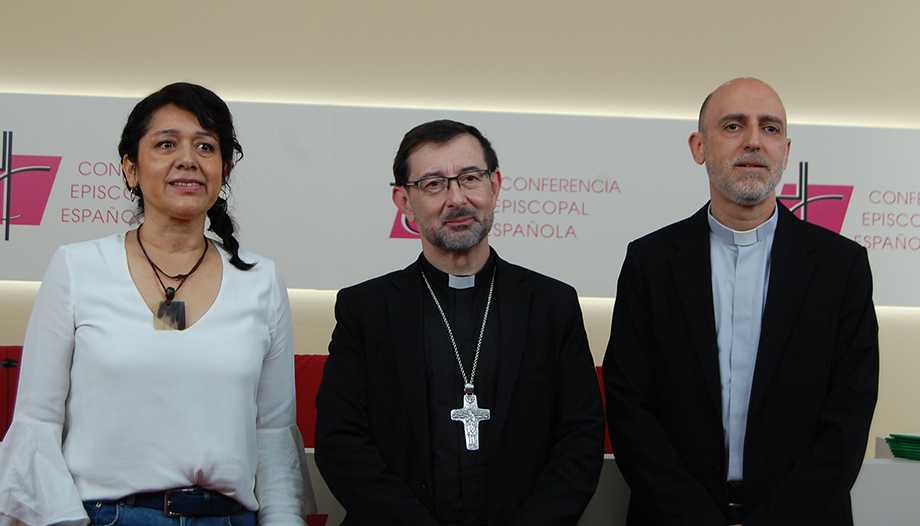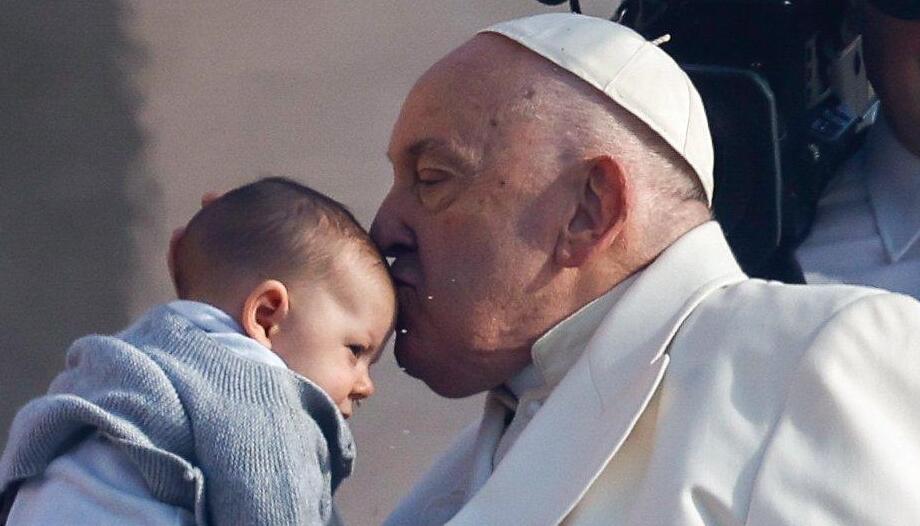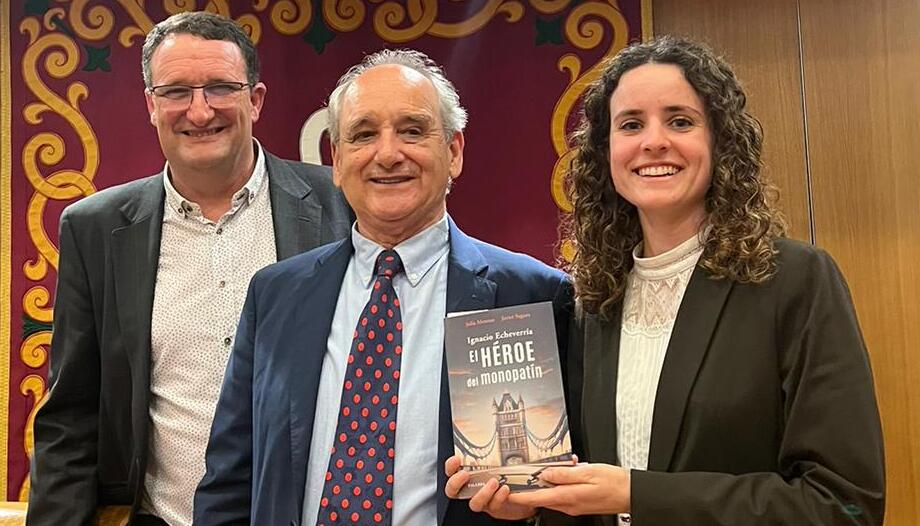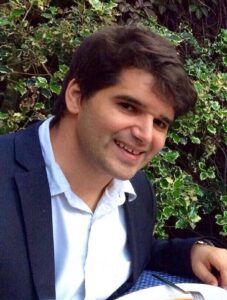The former teacher of the Gaztelueta school in Leioa (Bizkaia), José María Martínez, faced since 2010 a process for pederasty initiated by the student Juan Cuatrecasas Cuevas and his family, in the Provincial Court of Bizkaia, which ended with a two-year sentence from the Supreme Court. In parallel, the Holy See closed his case in 2015 for lack of evidence, although a new canonical process has been reopened. Now, the former professor has sued the bishop instructor of this process.
1) José María Martínez Sanz was the tutor of the student Juan Cuatrecasas Cuevas between 2008 and 2010, the year in which he left the school without any accusation of abuse having arisen. Martínez Sanz is a numerary layman of Opus Dei, according to legal sources.
2) Professor Martínez assures in his blog that his student Juan Cuatrecasas had "bad health since he was a child. [...]. I didn't know him yet". He also recalls that "when I started teaching him, his absences were repeated on many occasions during that first term, and "in the primary grades he frequently missed classes due to general malaise," adds the tutor.
3) However, in the trial that took place in the Provincial Court of Bizkaia years later, the state of health of the minor since before the 2008/2009 school year was not considered, nor any possible school absenteeism, "denied by the accuser", Juan Cuatrecasas, "and by his parents", and "repeatedly sustained by the defense" (José María Martínez), "and by numerous witnesses".
4) When the student Juan Cuatrecasas had an appendicitis operation at Cruces Hospital, on December 1, the then professor and tutor went to visit him with two of his classmates, and he states in his blog that "both he and the family appreciated the gesture and there began what I thought was a cordial relationship. In fact, they invited me to their house for lunch a couple of times. In his new school, Cuatrecasas again showed similar symptoms to those he had in 1st ESO and in previous years, adds the former teacher.
5) Years later, Juan Cuatrecasas son himself "has publicly stated that he has been very bad" (Diario Vasco, 5-10-2018); and "his father also explained in an interview on Radio Euskadi in January 2013 that he did not tell things from one day to the next, but that his wife was for months 'pulling the thread'. In any case, what I can swear is that I am innocent of what I am accused of", wrote José María Martínez.
Accusations begin
5) In June 2011, the parents of Juan Cuatrecasas went to the school of Professor Martínez-Sanz, according to him, to "denounce the computer harassment [through the Tuenti network] and other previous, personal harassment during the 2008-2010 school years, of which, according to what they told the assistant principal of the school, Imanol Goyarrola, they believed that I was the organizer. There were eight accused by the family and the Juvenile Prosecutor's Office charged two students. Everything was also brought to the attention of the Department of Education of the Basque Government [...]. Since then the charges against me have been more and more serious".
6) Former teacher Martínez explains that when he was accused by the family, the school formally spoke to him to warn him of the seriousness of the situation, and that he defended in 2011 what he defends in 2023: that he is innocent. He offered to talk to the Cuatrecasas family to explain his version, but the school management told him that [the parents] did not want to talk to him.
7) In December 2012, as a result of information that appeared in the newspaper El Mundo, the Superior Prosecutor's Office of the Basque Country opened proceedings on an alleged crime of sexual abuse committed by Martínez Sanz in the 2008-2009 and 2009-2010 academic years. On September 2, 2013, the Superior Prosecutor agreed to close the proceedings after months of investigation, due to lack of evidence.
8) In 2015, five years after the student left school, the then teacher was accused of having induced the student to "self-homicide". José María Martínez has denied all the accusations.
Cuatrecasas vs. Martínez
9) The Cuatrecasas couple has blamed their son's former teacher for lacking remorse and shame for not asking for forgiveness. However, José María Martínez states that "I cannot ask for forgiveness because my innocence is non-negotiable".
10) For some years now, Juan Cuatrecasas Asúa, father of the then student, has been a socialist deputy for La Rioja, and presides over the Stolen Childhood Association, which "demands improvements in the accompaniment, recognition and reparation" of those who "one day were mistreated by adults, while still children, in the process of forging their personalities". Juan Cuatrecasas Sr. maintains from the beginning that "what really worries him is what they asked for from the beginning: a public and express recognition of the facts and a moral redress for the victim [referring to his son] through a public and sincere pardon" (elDiario.es).
11) José María Martínez, for his part, assures that he has been "asking himself for twelve years why Juan [son] is accusing me of acts that I did not commit. What he says only happened in his head. It seems to me that this misfortune is not due to a single cause. On the one hand, there are his health problems; on the other hand, the bullying or harassment made to him by his former colleagues".
– Supernatural Holy See studies and closes the case
12) Following a complaint of the facts to the Holy See on September 15, 2014, the Pope sent a letter to the accuser, Juan Cuatrecasas, in which he expressed his closeness to him and announced the opening of "a canonical trial of the educator and the school". Following the wish of the Holy Father, the Congregation for the Doctrine of the Faith investigated the facts denounced by the family, despite the fact that the teacher was not a cleric, and that in the canonical criminal law in force at the time -reformed in 2021-, the only existing canonical crime of abuse, typified in canon 1395 para. 2, was that of the cleric who committed it against a minor. The conclusion of the Congregation was to close the case for lack of evidence, which it did on October 9, 2015, with the mandate to restore "the good name and reputation of the accused".
Sentence of the Biscayan Court of Appeals and reduction of the Supreme Court to 2 years
13) In parallel, in June 2015, the student initiated criminal proceedings in the Provincial Court of Bizkaia, which handed down a conviction on November 13, 2018. The Audiencia sentenced the defendant to an eleven-year prison term for a continuous crime of sexual abuse. The only prosecution testimony that served as the basis for the conviction was that of the accuser. Juan Cuatrecasas Asúa had said: "We expect a final conviction. We expect justice and public and express recognition of a victim, our beloved son, and of each and every one of the victims who unfortunately exist in very large numbers. We also expect moral redress through a public and sincere request for forgiveness. This is something that we have been asking for from minute one and that we are still waiting for".
14) José María Martínez appealed the sentence before the Supreme Court, which reduced the sentence from eleven to two years, in a judgment of September 21, 2020. The Supreme Court "did not agree with the two-year sentence, but - out of respect for the "sovereignty of the Audiencia - refrained from carrying out a total substitution of its evidentiary estimate", wrote the jurist Fernando Simón Yarza in an opinion dated November 9, 2022, written "pro bono and motu proprio", without any economic retribution whatsoever. In the opinion. Simón Yarza appealed "to the main legal instruments on human rights and fundamental freedoms".
15) The defendant, who has continued to maintain his innocence, challenged the sentence before the Constitutional Court, although his appeal was inadmissible on May 13, 2021, on the grounds that its "special constitutional significance" had not been accredited. Fernando Simón points out in his opinion that this inadmissibility does not imply "any negative assessment of the appellants' substantive reasons".
16) On the Supreme Court sentence, Professor Jose Maria Martinez has written in his blog: "In September 2020, the Supreme Court left my sentence at two years, so I did not have to go to prison. I remember that day as especially bittersweet. On the one hand, I avoided prison but, on the other, I was still being found guilty of acts I did not commit".
New canonical process
17) After the decision of the Vatican Congregation, now the Dicastery for the Doctrine of the Faith, in 2015, the Cuatrecasas family wished that Pope Francis would decide to reopen the case to "restore the good name" of Juan Cuatrecasas, whom they still consider 'victim of abuse'.. In June 2022, the Pope received Juan Çuatrecasas son, listened to him, gathered documentation on the case, asked him for "forgiveness in the name of the Church", as has been published, and made the decision to reopen the canonical process.
18) In parallel, the Pope granted an interview on La Sexta channel to journalist Jordí Évole since 2019, who maintained contacts with the Holy See in preparation for the documentary that he would edit and that would see the light in April 2023 on Disney+, in which the young Juan Cuatrecasas participated.
19) On September 15, 2022, the bishop of Bilbao, Monsignor Joseba Segura, announced that Pope Francis had considered it opportune to order the instruction of a new canonical processJosé Antonio Satué, bishop of Teruel and Albarracín. With the process, "it is intended to purge responsibilities and help to heal the wounds produced", according to a public note from the Bishop of Bilbao.
20) Juan Cuatrecasas Sr. appreciated "the attitude of rectification on the part of the Vatican", and his hope, he said, "is that the Vatican will do what it has to do, restore my son's good name, and issue the condemnatory sentence it has to issue".
Letter from Monsignor Satué
21) A few days later, on September 26, Bishop José Antonio Satué wrote to the person under investigation, José María Martínez, "in his capacity as Delegate of the Holy See to instruct the canonical procedure referring to the denunciations presented by Mr. Juan Cuatrecasas Cuevas against you". The letter informed him of the initiation of a penal administrative procedure, according to canon 1720 of the Code of Canon Law, for a crime against the sixth commandment with a minor, typified in canon 1398, paragraph 1-2".
22) Monsignor Satué informed the person under investigation in the same letter that "the Holy Father has ordered that the law currently in force be applied and not that of the moment in which the acts could have been committed, repealing what is foreseen in canon 1313, paragraph 1)". This precept reflects the principle of penal non-retroactivity in the following terms. "If the law changes after a crime has been committed, the law more favorable to the defendant must be applied".
23) Finally, the investigating delegate told the defendant the following: "Finally, as a brother in faith, I respectfully recommend that if, due to whatever circumstances, you had defended your innocence in an uncertain manner, consider this proceeding as an opportunity to acknowledge the truth and ask for forgiveness from Mr. Juan Cuatrecasas Cuevas and his family".
24) Professor Fernando Simón Yarza, cited in point 14, has understood that, considering the decree and the alleged irregularities denounced by the defendant, there is a deliberate will to convict on the part of the judge.
Statements by Jordi Évole and endorsement of the examining magistrate
25) In the first months of 2023, Jordi Évole and Màrius Sánchez, directors of the documentary to be broadcasted by Disney+ on April 5, were on the SER channel. Jordi Évole said: "In the documentary there is a victim of sexual abuse within the Church, whose case was closed by the Congregation for the Doctrine of the Faith, which is the institution that deals with these issues from the Church, and the Pope committed himself -and we know this is so because he told us afterwards-, he committed himself to reopen that case that was closed. I think that is the culminating moment for me, what makes this project worthwhile".
26) Somewhat later, on July 31, the Holy See rejected the allegations of former professor José María Martínez, in a resolution signed by the Prefect of the Apostolic Signatura, Cardinal Dominique Mamberti, in which he ordered the dismissal of his lawyers, as they lacked the "capacity" to represent his client, reported, among other means, Digital ReligionThe decision was "an endorsement of the work carried out by the bishop of Teruel, José Antonio Satué".
27) As the new canonical process progressed, José Maria Martinez wrote in his blogOn Monday, November 13 [2023], my new lawyer and the Delegate, Bishop Satué, met. I did not attend because it was a very formal, technical act, and because I continue to distrust the impartiality of the one who is judging me. I believe that such an injustice should make any good person reflect, especially if he expects to be judged at the end of his life. The meeting was a new legal nonsense, one more step in the delegitimization of canon law and in the abuse of power that is taking place".
28) The person under investigation considers that "the Delegate, as established by the Tribunal of the Apostolic Signatura of Rome, has modified the substantive law," that is to say, "during the game, the rules of the game have changed. It is no longer judged whether I am innocent or guilty, but rather, taking the latter for granted, it is assessed whether the Prelature of Opus Dei should expel me from the institution." "My lawyer," he adds, "asked the Delegate why this change. There was no answer. [...]. Since canon law could not condemn me, now they are inventing an alternative procedure so that it is Opus Dei that condemns me and they wash their hands of it," writes the former professor.
Right of defense at issue
29) In the canonical proceeding, the investigating delegate "did not hand over but let my lawyer see the accusation, a letter from Juan Cuatrecasas dated 2023 in which he describes the same facts already judged by the Audiencia of Bizkaia and which the Spanish Supreme Court rejected in its great majority. [...]. Now, three years after that decision, they want to try me for the same facts. Of those, the most serious ones, the Supreme Court did not consider them proven, but that does not matter to the Delegate", said the investigated Martinez Sanz.
30) The former professor objects to another matter. "I have not been given the Decree that justifies this process, the one signed by the Pope in August 2022." [...]. "What is achieved is to do away with another fundamental right: that of legitimate self-defense. My lawyer had to copy it by hand. She was not even allowed to take a photo".
31) The opinion of Professor Simón Yarza, cited in point 14, concluded by emphasizing two aspects at the end of 2022. In the first place, "if the canonical process that is intended to be carried out in the Cuatrecasas-Martínez case were to be heard before any State jurisdiction belonging to the international community [...], it would not have the slightest chance of going forward. It would be immediately closed due to numerous flaws, some of which are so serious that we could speak of a pseudo-trial". Secondly, the jurist considered that "the Holy See should immediately close this action".
In conclusion, the jurist cited a speech of Pope Francis of December 15, 2019, to the XX Congress of the International Association of Penal Law: "The current challenge for every penalist is to contain punitive irrationality, which manifests itself, among other things, [...]. in the widening of the scope of punishment (...) and the repudiation of the most elementary penal and procedural guarantees".
32) On the other hand, Juan Cuatrecasas Asúa declared at the end of December of last year, in an interview with the family, that "there was a deceitful investigation that was opened falsely and closed falsely [that of the Vatican]. What the Pope has done, with a condemnatory sentence from the Supreme Court, is to open an investigation" [...]. "The Vatican has taken this decision so that the Church does not remain in question" (Deia, 27-12-2023).
33) Juan Cuatrecasas also pointed out that "there are regrettable cases with firm criminal sentences, such as that of Gaztelueta, but it is not the only one, in which the pederast and his entourage allow themselves the luxury of continuing to disrespect their victim. We believe that the Prosecutor's Office should act ex officio" (religióndigital, 27-12-2023).
34) In February of this year, at the Seminary of Pamplona, the delegate instructor Monsignor José Antonio Satué took a statement from persons proposed by the defense of the former professor, in the presence of a notary, informed Religion Confidential. Imanol Goyarrola and Iñaki Cires, former directors of the Gaztelueta school; Imanol Tazón, inspector of the Department of Education of the Basque Government; and María José Martínez Arévalo, a psychiatrist with a practice in Pamplona, testified.
35) Along with this chronology, you can find information with legal sources on the civil lawsuit filed by former professor José María Martínez against the delegate of the new canonical process, Monsignor José Antonio Satué. Martínez Sanz considers that his fundamental right to honor is being seriously violated. The lawsuit has been admitted for processing by the Court of First Instance of Pamplona.
The authorFrancisco Otamendi 










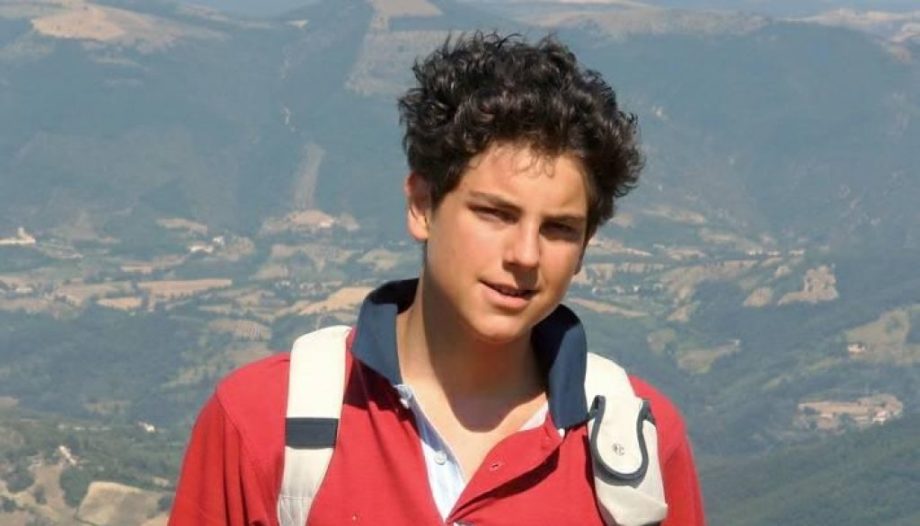
 Carlo Acutis. To live as an original, so as not to die as a photocopy.
Carlo Acutis. To live as an original, so as not to die as a photocopy.
